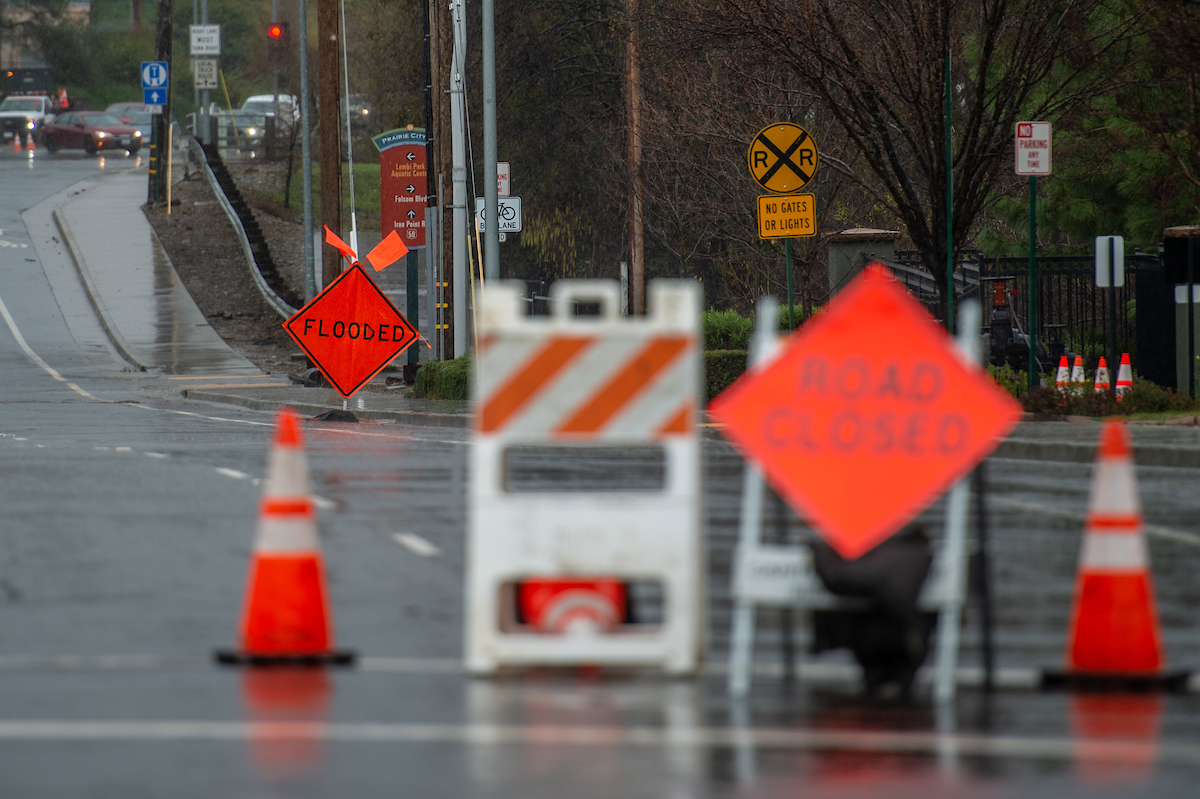
The State Water Resources Control Board adopted a statewide Sanitary Sewer System General Order that implements and expands policies to address statewide water infrastructure needs.
The new order replaces an existing order and expands regulatory requirements to include privately owned systems, at the discretion of the applicable California Regional Water Quality Control Board. It also requires sewer system owners to better plan for addressing repeated spills, aging or poorly maintained infrastructure, and any gaps in a system’s capacity to adapt to changing climate patterns.
Soon after the first statewide order was adopted in 2006, the number of reported spills decreased from nearly 6,500 (2008 data) to about 3,050 (2021 data), as a result of the State Water Board’s ongoing enforcement actions. Despite this significant reduction, the board noted gaps in its enforcement abilities that could be addressed through authorities granted by the California Water Code.
“The recent storms that swept through California underscore why the stronger enforcement provisions in this new order are necessary,” said Board Chair E. Joaquin Esquivel. “Coupled with recent state and federal wastewater infrastructure investments, this order will be key to protecting water quality during a time when intense rain events and aridification are increasing stress on the state’s wastewater infrastructure.”
Of the $650M set aside in the state’s 2021-22 budget for upgrading wastewater infrastructure, the board has committed $135M to 16 small projects in disadvantaged communities to support wastewater treatment plant upgrades, sanitary sewer system improvements and septic-to-sewer projects. The board is reviewing additional project proposals and will distribute more funding in the coming months.
Sanitary sewer systems are both underground and above-ground engineered piping systems that transport raw sewage from residential homes, and commercial and industrial land uses, to a wastewater treatment plant. At the wastewater treatment plant, the sewage is highly treated to remove toxic ammonia and metals, viruses, bacteria, and other pollutants that threaten public health and the environment prior to discharge into natural waters, to land or for recycled water use.
The new order becomes effective on June 5, 2023; for more details, visit the Sanitary Sewer Order Program website.